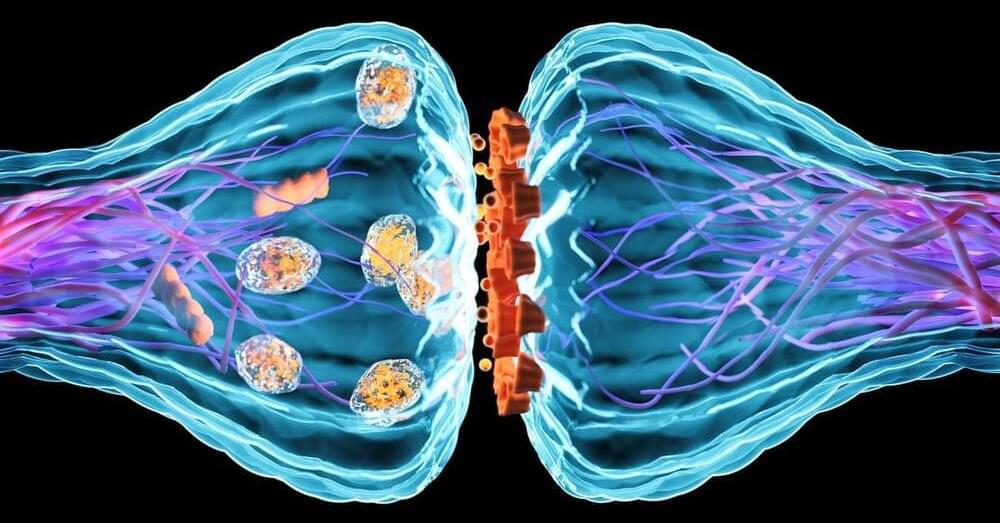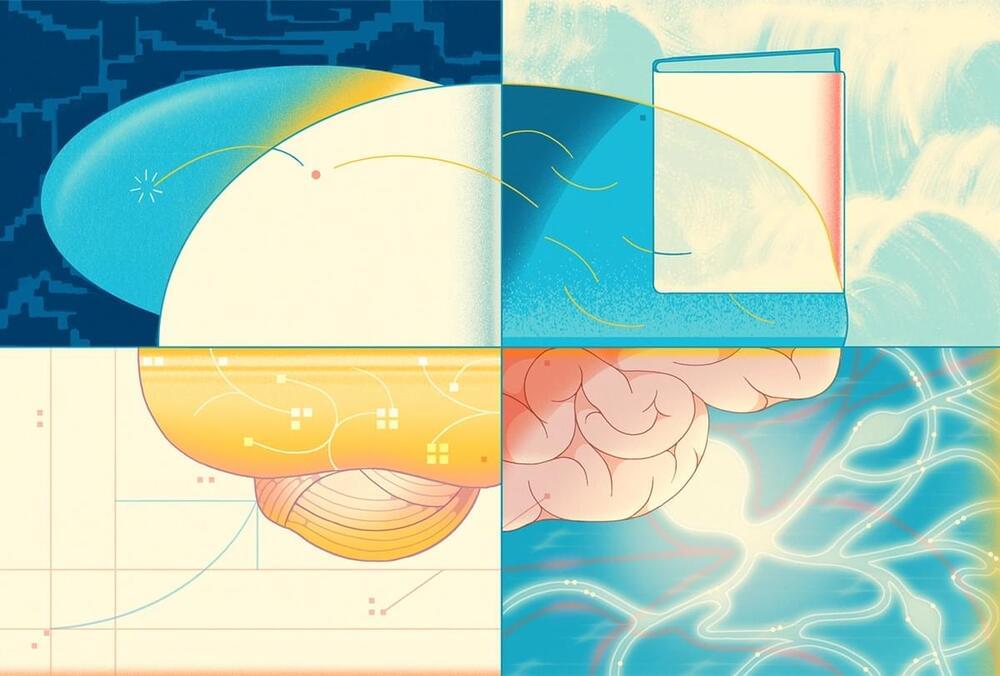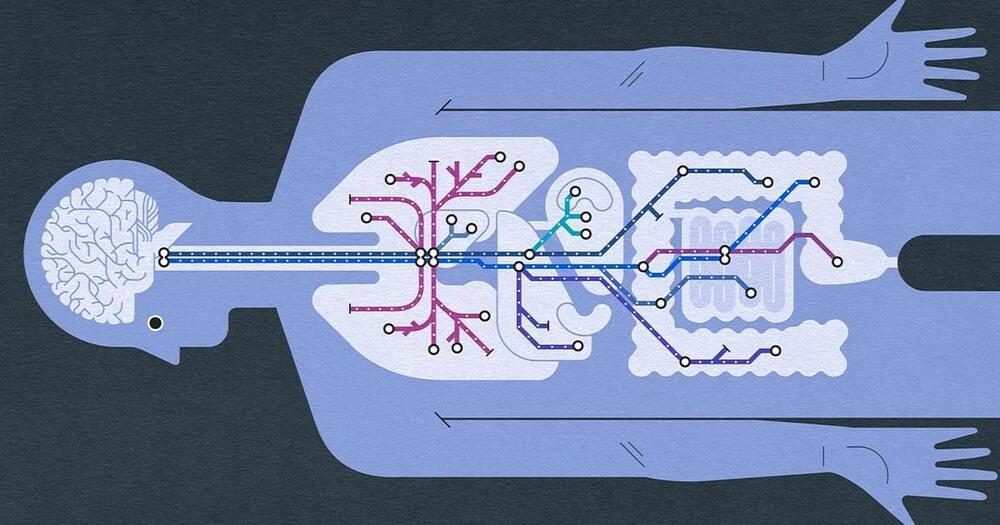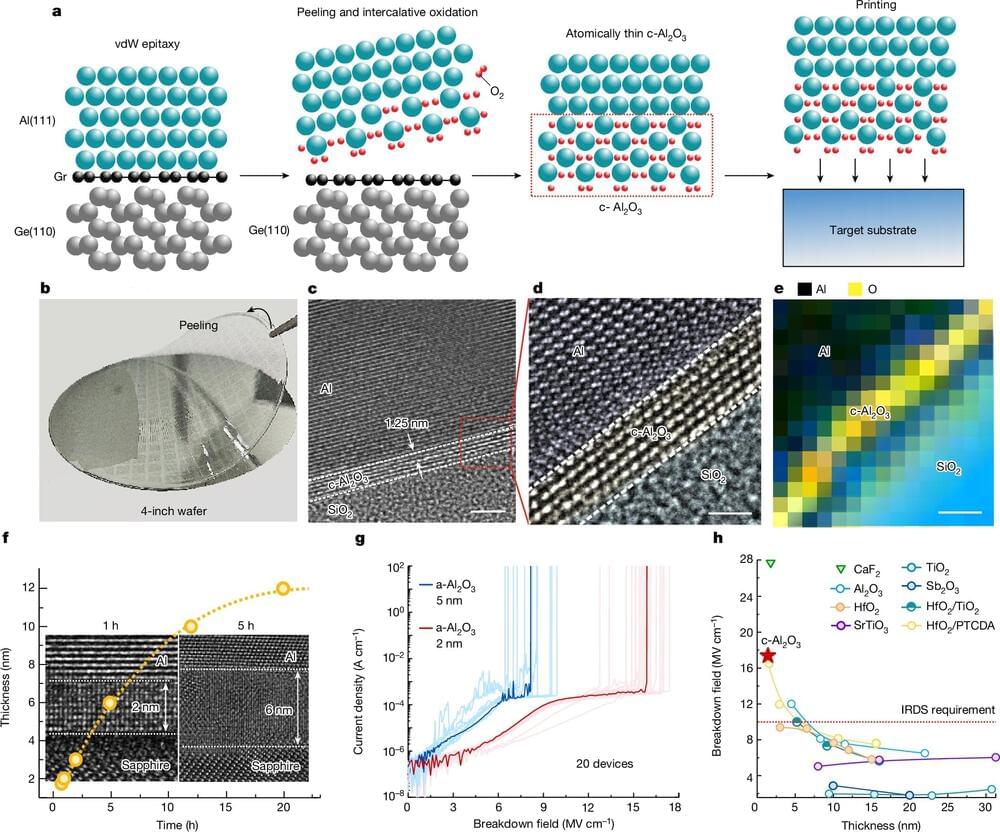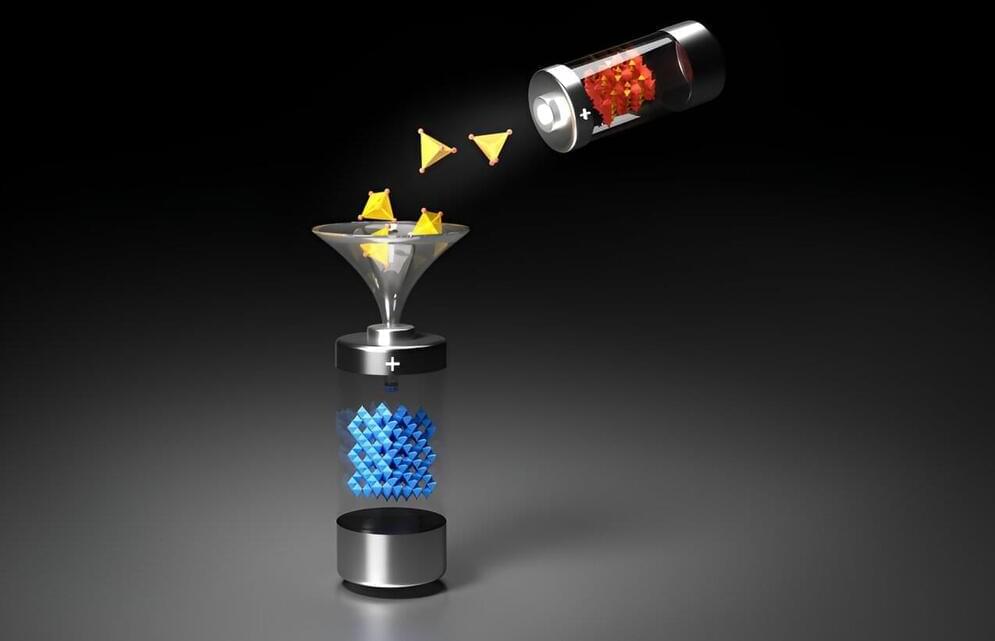Aug 28, 2024
Brain Scientists Finally Discover the Glue that Makes Memories Stick for a Lifetime
Posted by Shubham Ghosh Roy in categories: chemistry, neuroscience
A long-running research endeavor reveals key chemical players that cement memories in place—and still more have yet to be discovered.
By Simon Makin
The persistence of memory is crucial to our sense of identity, and without it, there would be no learning, for us or any other animal. It’s little wonder, then, that some researchers have called how the brain stores memories the most fundamental question in neuroscience.
